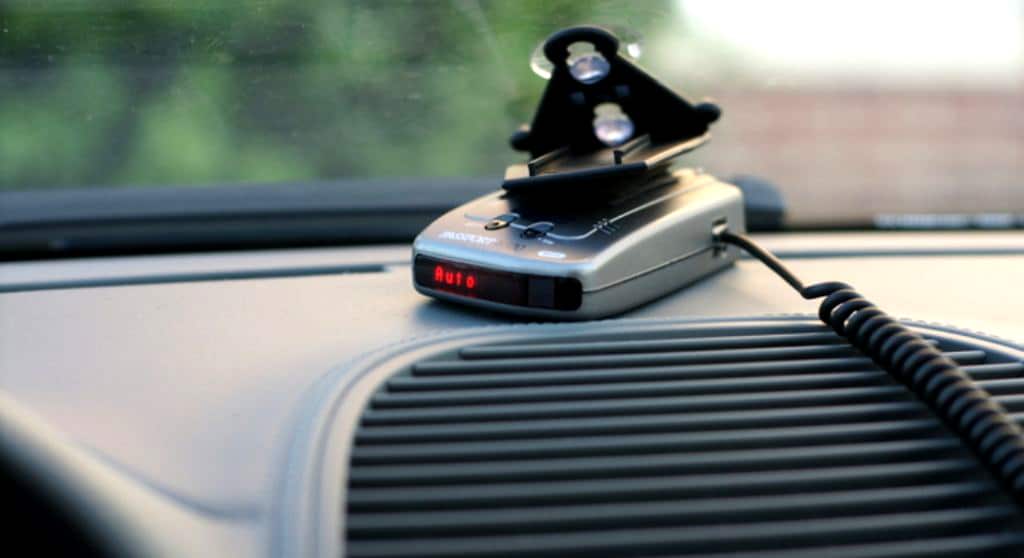Speeding is something that many of us are guilty of doing. While luck allows you to get away with it sometimes, speeding, more often than not, ends up earning you a (quite expensive) ticket.
This is one of the reasons why radar detectors are extremely popular among vehicle owners across the United States.
In Texas, especially as the country’s second-largest state, which has the fastest average speed limit and the country’s fastest highway, radar detectors are much needed.
But does this mean that radar detectors are legal? More relevant to the case at hand, are radar detectors legal in Texas?
Each state’s law defines the legality of radar detectors differently, but Texas is a part of the majority where radar detectors are legal. As always, there are certain conditions in place. You’ll find references to this law under Title 7 of the Texas Transportation Code.
However, before you invest in a radar detector and get complacent with your speeding, know that police forces now use LiDar technology to detect the speed of passing vehicles.
LiDAR (which uses light instead of radio waves, as radar devices do) is undetectable on radar detectors. With that said, let’s delve into the technicalities surrounding radar detectors in the Lone Star State.
Windshield Mounting

In Texas, though radar detectors are legal, mounting them on your rear window, side, or windshield could lead to you being pulled over, as a device in such positions is deemed to be an obstruction to the driver’s view.
Whether or not it is an obstruction is at the discretion of the authorities. To be on the safer side, mount your radar detector on your dashboard or sun visor.
Private vs Commercial Vehicles
Using radar detectors in privately owned vehicles/passenger vehicles is perfectly legal in Texas.

However, as is the case with all states, no commercially owned vehicles that weigh 10,000 lbs or more can install or use radar detectors in the state, as dictated by Title 49 of the Code of Federal Regulations. Commercial vehicles below this weight may use radar detectors.
Another factor to consider is driving near military zones. As instructed by the Department of Defense “DoD Traffic Safety Program”, laser and radar detection devices are banned on military bases. They also cannot be sold in DoD-controlled outlets.
Radar Detector vs Radar Jammer
Radar detectors can help you locate other tracking radars in the area. Given the progression of LiDAR technology by authorities, radar detectors are quickly becoming obsolete, paving the way for LiDAR/radar jammers.
These devices transmit signals that interfere with or block the LiDAR/radar devices being used by the police, creating false signals on their devices, or even worse, damaging the equipment.
Radar/LiDAR jammers are illegal in some states, including Texas (HB 1116 in 2011). Using a jammer can land offenders with a class C misdemeanor charge, as per the state’s Transportation Code.
Will I Be Pulled Over for Using a Radar Detector?
If you’re crossing the speed limit, have your radar detector mounted on an illegal spot in the vehicle, or have a detector installed and in use in a commercial vehicle over 10,000 lbs, you are likely to get pulled over for traffic violations.
State of Texas Info

In the United States, Texas ranks as the second largest state in terms of area. The southern state shares borders with Louisiana, Arkansas, Oklahoma, and New Mexico.
It also shares borders with a few Mexican states.
The state has the most divisions of counties in the country — 254 in total. Its largest city, Houston, is also the country’s fourth largest.
Population: 26,059,203
Capital: Austin
Registered vehicles: 17,193,559
Total lane miles: 683,533
Number of highways: 16

